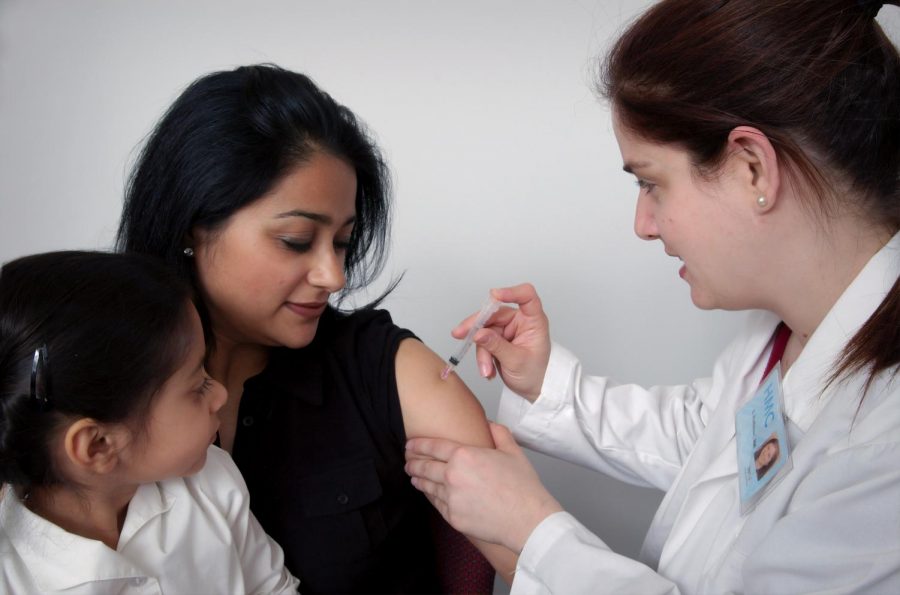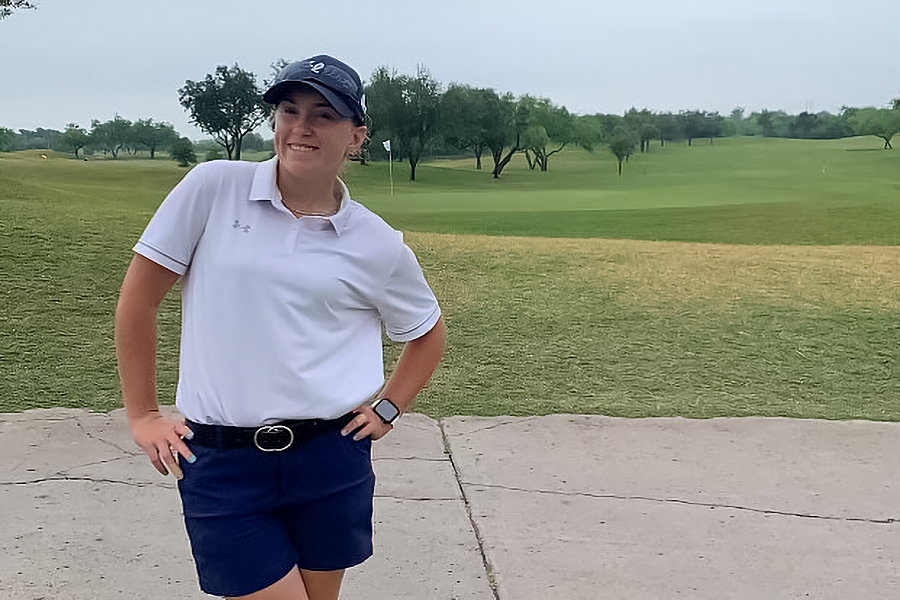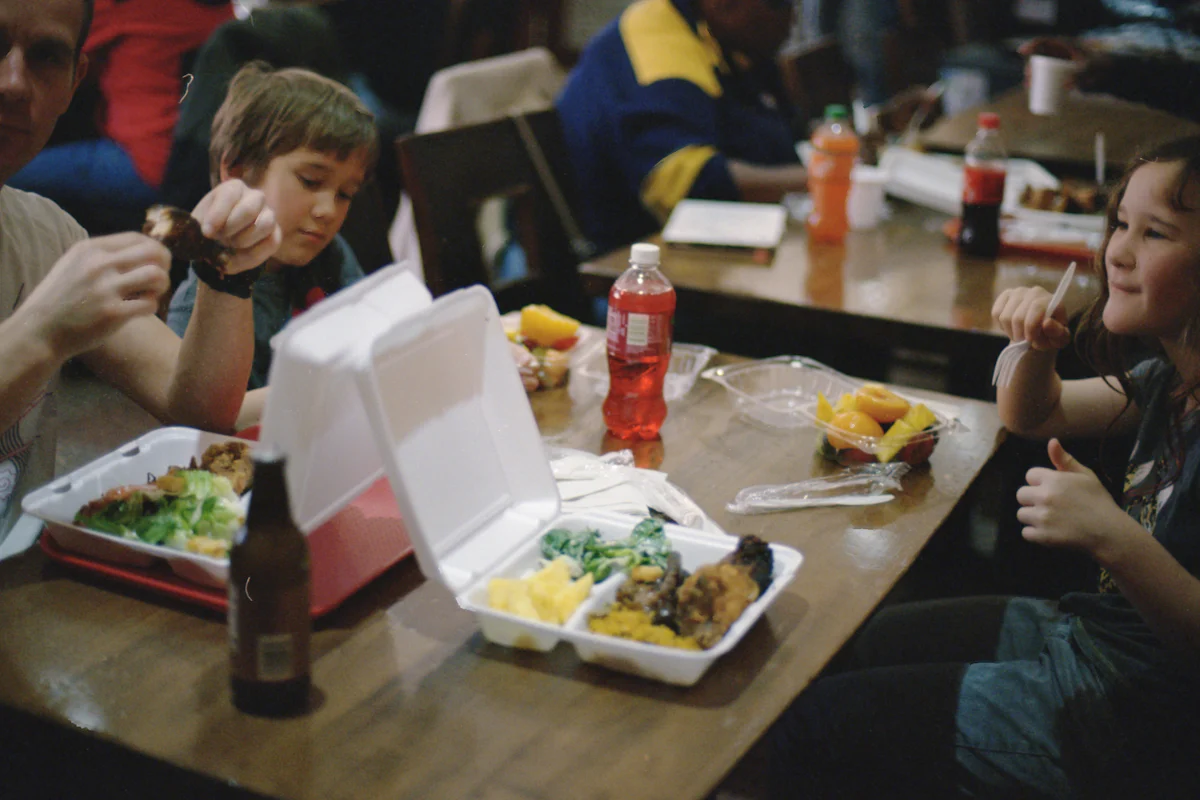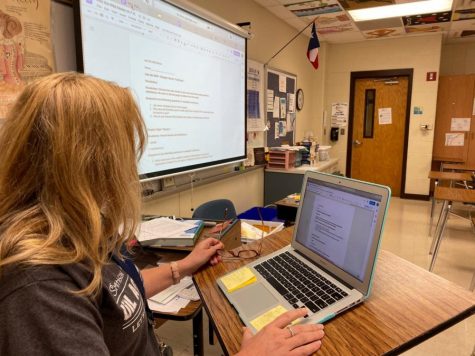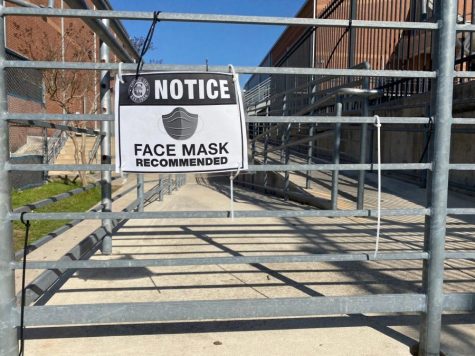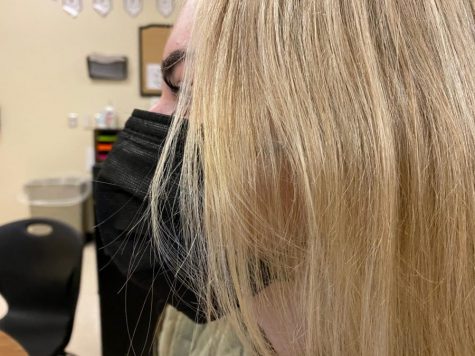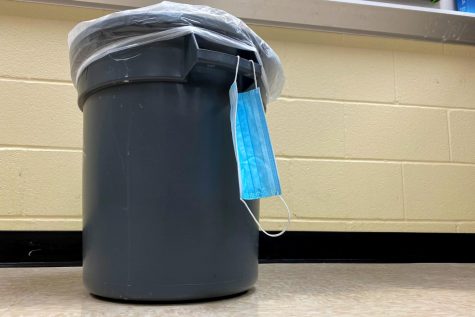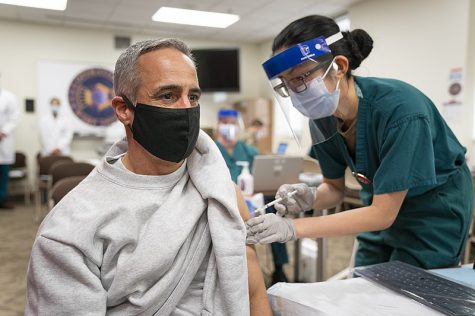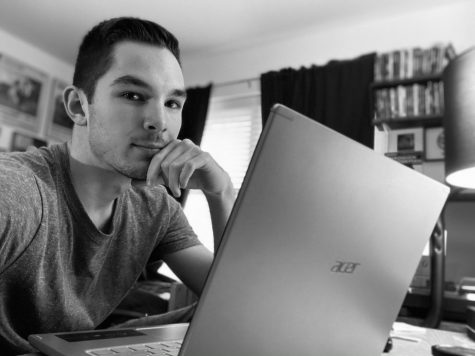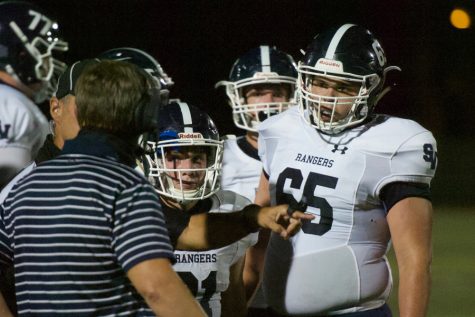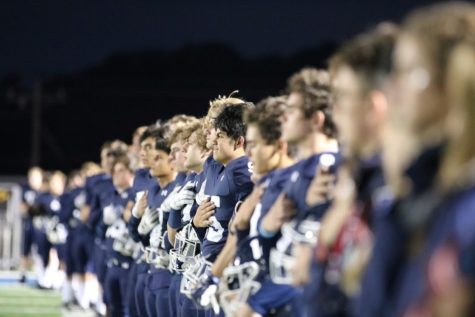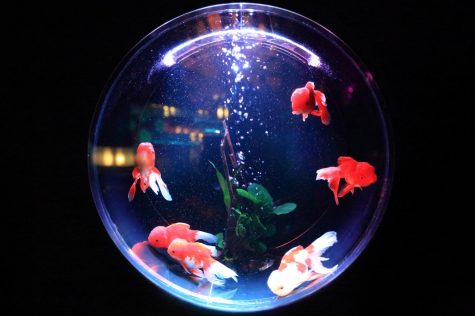Let’s talk shots
How COVID-19 vaccine requirements are impacting hospitals
Photo courtesy of the Center for Disease Control
The hospital staffing shortage is now increased after vaccine mandates become more present.
January 27, 2022
Some healthcare workers are now finding themselves jobless after failing to meet new COVID-19 vaccine requirements.
Several hospitals throughout the country have begun mandating that employees receive the COVID-19 vaccine, in some cases, causing employees to lose their jobs as a result. The fifth circuit court of appeals, which is the court that deals with jurisdiction over certain federal judicial districts, has banned the vaccine mandate, but the case has moved on to the sixth circuit for a hearing in regards to the Occupational Safety and Health Administration case.
This situation has caused hospital closures because they lack the staff to continue to function. Short staffing has taken a toll on healthcare workers, because they have to make up for the lack of staff.
“The COVID-19 pandemic has been mentally frustrating for me personally,” RN Tarsha Kimbler said. “I am beyond irritated by the insistence of the Federal Government to force citizens to make a health decision via intimidation and threat.”
According to Health.Nd.gov, during various stages of the creation of the Johnson and Johnson vaccine, some contained the fetal cells of aborted children. These abortions took place in 1973 and 1985, and the two cell lines collected were HEK-293 (kidney cell) and PER.C6 (retinal cell).
“I am not against vaccines. I am against how the COVID-19 injection was created,” Kimbler said. “As a Christian it goes against my beliefs to have injected into my body–God’s temple– something derived from aborted fetal cells.”
Despite the risk of losing their job, some have stayed firm in their decision.
“My decision would be the same even in hindsight. I would not agree to this injection even under these current circumstances, it would not change my initial action,” Kimbler said.
Many stay firm in their decision and choose what they believe is best for them, their health and their families.
“I do not believe sacrificing my health for a job is wise,” Kimbler said. “If my health is negatively affected resulting from my participation in a health service such as the COVID-19 injection, it could hinder me from fully enjoying my life. That to me is not worth such a sacrifice.”
It is a person’s right to choose what to do with their bodies, but in order to make the right decision, some struggle to process all the information thrown at them.
“Freedom to choose is what our country is about and all we need is true unbiased information to make our own choices,” anesthesia assistant Dan Price said.
Despite the health issues some people are experiencing, many have chosen to get the vaccine and have placed full trust in its abilities.
“There are doctors and scientists with much more education than I, who have spent thousands of hours researching this vaccine,” said Sergeant Andrew Ling, a local police officer. “I refuse to let political considerations affect my healthcare. I’ve never had any doubts about the CDC before this and I still don’t.”
Some are worried about their loved ones, which is why they choose to get the vaccine.
“Everybody makes a personal decision to get vaccinated. My brother and his family refused to get vaccinated, which means my family and his family aren’t going to be around each other for a while,” Ling said. “I’m more worried about my parents who are older being around unvaccinated people.”

